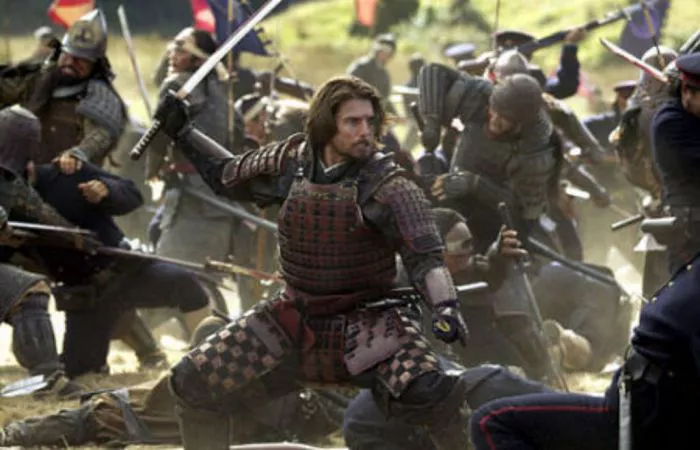“The Last Samurai,” directed by Edward Zwick and starring Tom Cruise, is a captivating historical drama set in Japan during the late 19th century. The film follows the journey of an American military officer, Captain Nathan Algren (played by Tom Cruise), who becomes immersed in the culture of the samurai warriors and ultimately joins them in their fight against modernization and the changing world. The question of whether “The Last Samurai” is based on a true story is a common one among viewers, given its historical setting and themes. Let’s delve into this topic and explore the historical context and inspirations behind the film.
Historical Context and Inspirations
“The Last Samurai” is a work of fiction inspired by historical events and cultural themes from Japan’s Meiji Restoration era (1868-1912). During this period, Japan underwent significant transformations, transitioning from a feudal society governed by samurai to a modernized nation embracing Western technologies and ideologies.
Samurai Culture and Traditions
The film’s portrayal of samurai culture and traditions is rooted in historical realities. The samurai were a class of skilled warriors who adhered to a strict code of honor known as bushido. They served feudal lords (daimyo) and played pivotal roles in Japan’s medieval history. However, by the late 19th century, the samurai faced challenges as Japan embarked on a rapid modernization process.
Fictional Narrative vs. Historical Accuracy
While “The Last Samurai” draws inspiration from historical contexts, it is primarily a fictional narrative crafted for cinematic storytelling. The character of Captain Nathan Algren, portrayed by Tom Cruise, serves as a lens through which viewers experience the clash between traditional samurai values and Western modernization.
Influences and References
The film’s narrative incorporates elements from various historical and literary sources, blending fictional storytelling with thematic depth:
Satsuma Rebellion (1877): The Satsuma Rebellion, led by samurai against the imperial government, serves as a loose backdrop for the film’s central conflict. However, the specifics of the rebellion and its participants differ significantly from historical events.
Cultural Themes: “The Last Samurai” explores broader cultural themes, including honor, loyalty, and the consequences of societal change. These themes resonate with Japan’s historical experiences during the Meiji era.
Tom Cruise’s Character and Role
Captain Nathan Algren, portrayed by Tom Cruise, is a fictional character created to navigate the film’s narrative arc. Algren’s transformation from a disillusioned war veteran to an advocate for samurai values symbolizes the film’s exploration of cultural identity and personal redemption.
Reception and Interpretations
Despite its departure from historical accuracy, “The Last Samurai” received critical acclaim for its performances, cinematography, and thematic depth. Viewers and critics alike have appreciated the film’s exploration of samurai culture and its portrayal of Japan’s historical transition.
Conclusion
In conclusion, “The Last Samurai” is not based on a specific true story or historical figure but draws inspiration from Japan’s rich cultural heritage and historical transformations during the Meiji Restoration. The film’s fictional narrative serves as a vehicle for exploring timeless themes of honor, tradition, and personal growth within the context of a changing world. While “The Last Samurai” may not adhere strictly to historical accuracy, it remains a compelling work of cinematic art that resonates with audiences and invites contemplation on the complexities of cultural identity and societal change.
Related Topics:
Celebrity Introduction – Hiroyuki Sanada
Celebrity Introduction – Ken Watanabe
Film Review – The Last Samurai


